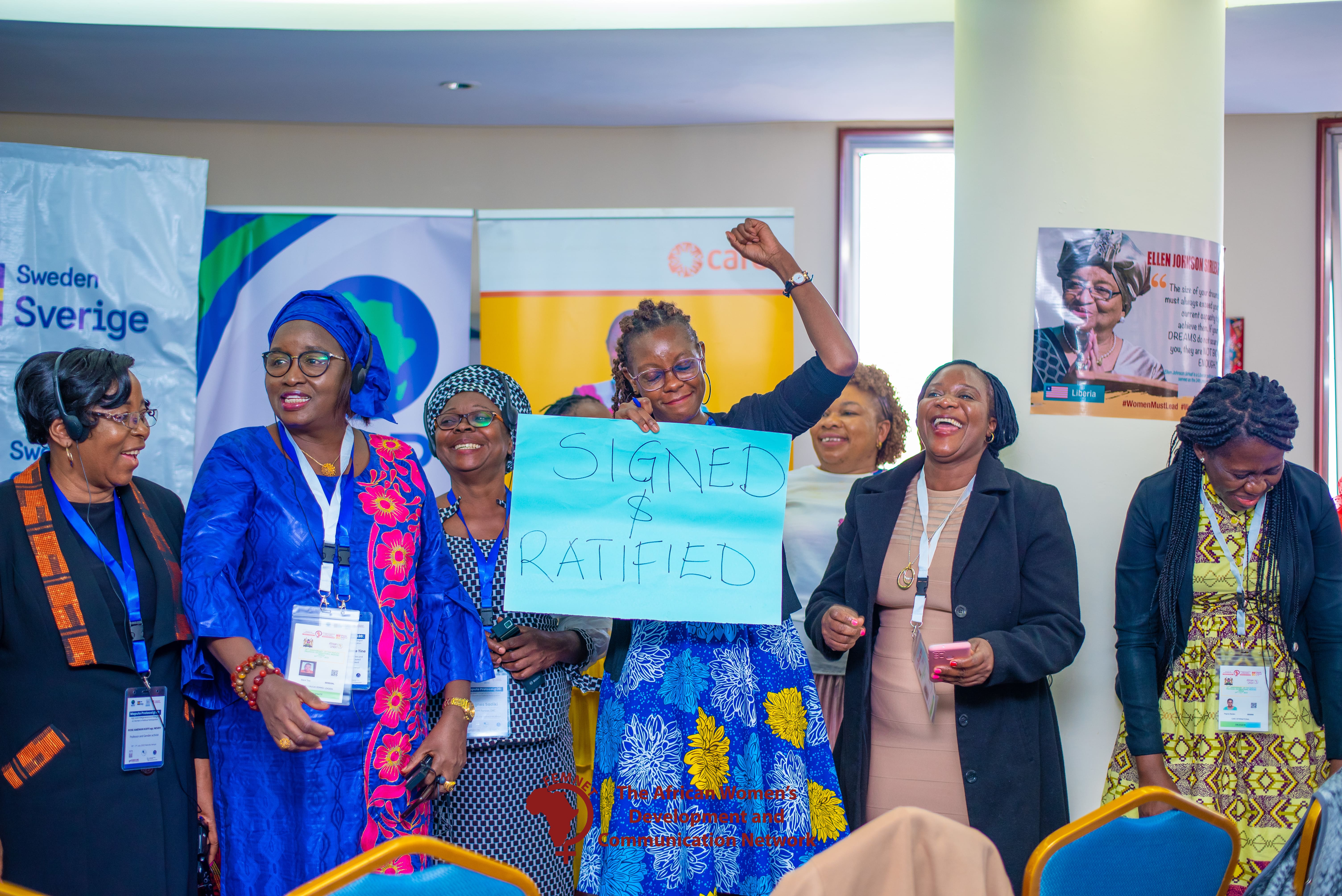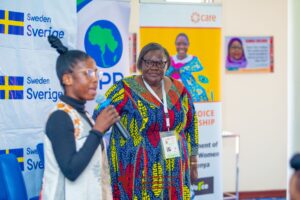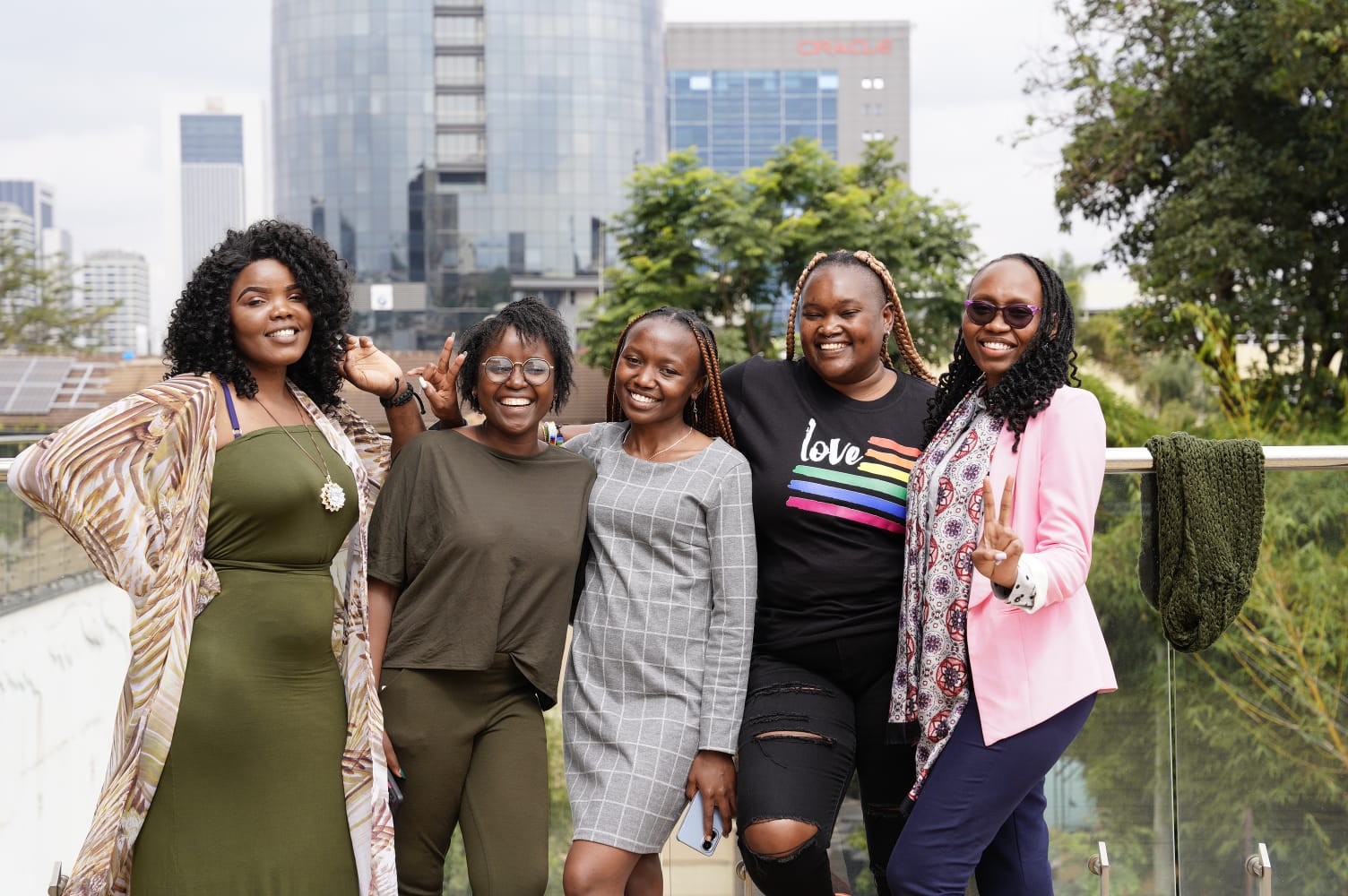
Maputo Protocol: Advancing African Women Voices in Political Spaces
Africa is far from achieving the 50% women’s representation in politics, unfortunately, the current political climate seems to shun gender equality. This notwithstanding, African women continue to advocate for their voices to be heard and for the full implementation of the Protocol to the African Charter on Gender Equality and the Rights of Women in Africa (the Maputo Protocol).
Article 19 of the Maputo Protocol speaks volume of why African women should be at the centre of leadership. The protocol is the heart and soul of the African Charter on Human and People’s Rights on the Rights of Women in Africa.
Unlike any other women’s human rights instrument, it details wide-ranging and substantive rights for African women covering the entire spectrum of civil and political rights among others.
Speaking in Nairobi Kenya during the 20th commemoration of the Protocol, Mama Kaliya, a renown gender a Human Rights, Gender and Women rights Activist from Malawi said, “Maputo protocol is connected to other policies in the continent and that’s why it should be implemented,.”
Kaliya, who is also the chairperson of the Board of Trustees of NGO Gender Coordination Network in Malawi, said, “Political power must be pursued by African women because policies only enable women, but women must also be willing to demand for leadership roles ,”

Additionally, Bernice Dodoo, a She Leads activists from Ghana said, “Young women like me have either been left out of the policy implementation space. Yet, the policies discussed literally determine our future.”
Dodoo also exclaimed that “African girls and women are a significant fraction of the continent’s population and should therefore not be left out of the political space.”
“Girls and young women must meaningfully engaged in the policy space” lauded Dodoo while addressing the WPP session on Intergenerational Experiences of Women’s Voices in Leadership in Africa
Addressing in the same forum, Mildred Ngesa, a renown pan-African feminist said, “We must practice intentionally in mentoring the next generation. ”
“Girls and young women of this continent are the ones who will benefit from the implementation of Maputo Protocol. We must therefore incorporate in the implementation journey and in the Pan-Africanism of gender equality,” said Ngesa.
 Lauding the same view, Memory Kachambwa, the Executive Director of FEMNET insisted that there must be genuine commitments in the full realisation of the Maputo Protocol.
Lauding the same view, Memory Kachambwa, the Executive Director of FEMNET insisted that there must be genuine commitments in the full realisation of the Maputo Protocol.
“As African women, we must not relent but continue to shift mindsets in the political space because in Sub-Saharan Africa, only 26 per cent of women legislators,” said Kachambwa.
While mindsets are slowly changing in Africa, policies and equal representation commitments are not being implemented fast enough.
To date, the Maputo Protocol has not secured universal ratification with only 49 of the 55 African Union Member States having signed on, and only 42 ratified. Seemingly, full domestication seems far-fetched an only Rwanda is hailed to have 61 percent of women representation in legislative roles.
Worse still, political instability in some African countries has prevented women from fully participating in politics and electoral systems, albeit permitted by the constitutions. Implementing Maputo Protocol therefore remains a journey that needs continuous efforts in shifting the trajectory on the promotion and protection of women’s- political participation.
It is against this backdrop that the Women in Political Participation (WPP) consortium partners under IDEA continue to engage Africa women in all their diversities in political space. The consortium encompasses; FEMNET, Women in Law SA, IFAN, Gender Links, Padare, and Forum for African Women Educationalists (FAWE).
The aforementioned was written and compiled by Akinyi Omondi m.akinyi@femnet.or.ke and Imali Ngusale, i.ngusale@femnet.or.ke for more information on FEMNET’s interventions on Women in Political Participation contact Dorothy Otieno via d.otieno@femnet.or.ke
Related Tags
Related Posts
Maputo at 20: A Training Manual on SRHR, EVAWG, Policy, and Budget Advocacy in West and Central Africa Region
The West and Central African regions face numerous challenges regarding sexual and reproductive health and rights (SRHR) as
Learn MoreAfrican Women Demand for Inclusion and Diversity in the Implementation of Maputo Protocol
The Protocol to the African Charter on Human and Peoples’ Rights on the Rights of Women in Africa,
Learn More

